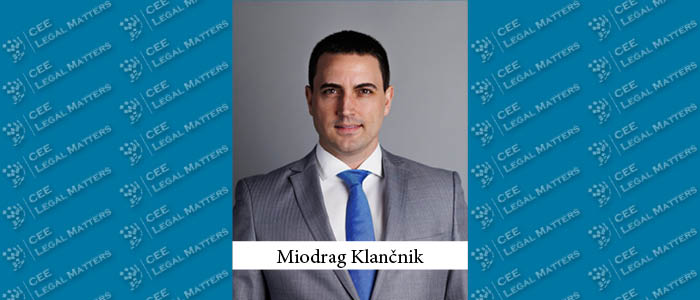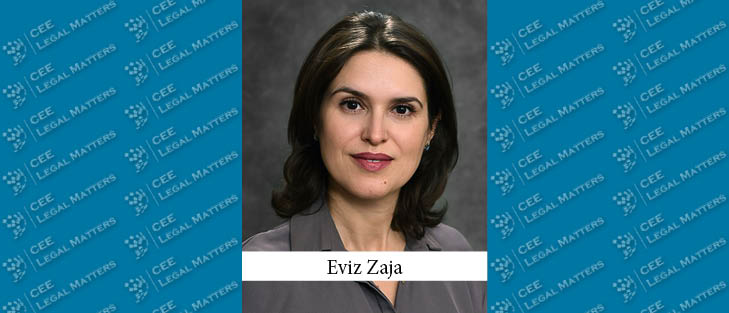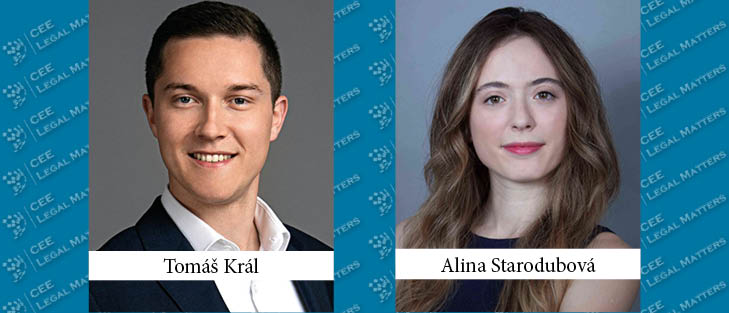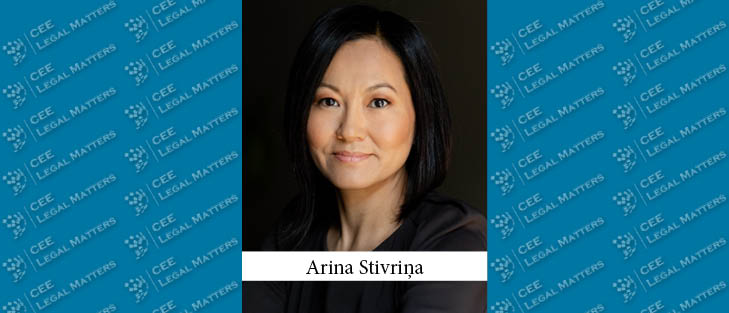As background, in December 2022, the EU Council adopted the policy programme ‘Path to the Digital Decade’, aiming to facilitate a seamless transition to digital transformation by 2030, aligning with EU values. This program sets specific digital targets for EU countries to achieve by 2030, including the development of national trajectories and strategic roadmaps to enhance digital infrastructure's security, accessibility, and sustainability. Notably, a key focus area of the EU digital strategy is digital services.
Closing: Kaprain Group's Acquisition of Mafra Publishing and Synthesia from Agrofert Now Closed
On February 2, 2024, BBH announced that the Kaprain Group's acquisition of Mafra Publishing and Synthesia from Agrofert Holding (reported by CEE Legal Matters on September 7, 2023) had closed.
Herbst Kinsky Advises Everfield on FENZ-Software Acquisition
Herbst Kinsky has advised European B2B software group Everfield on its acquisition of Austria's FENZ-Software.
Digital Advertising and Adtech Under the EU Digital Markets Act and Digital Services Act
The broader online advertising sector will be affected by the EU Digital Markets Act (DMA) and Digital Services Act (DSA), even though they apply directly only to certain types of organisations, with expanded obligations on the largest organisations.
GDPR and Inclusion – Ignorant Instead of Woke?
The GDPR generally prohibits the processing of data relating to sexual orientation. In practice, this can be an obstacle to efforts towards inclusion.
World Economic Forum Establishes AI Governance Alliance to Ensure Safety in the Use of Artificial Intelligence
The World Economic Forum established the AI Governance Alliance, bringing together leaders from diverse sectors such as industry, government, academia and civil society to support the responsible global development and use of transparent and inclusive AI systems.
Intellectual Property Generated by Employees
Despite their undeniable awareness of importance of intellectual property (IP) for business success, many multinational companies overlook the fact that IP laws vary between countries. This has motivated us to write this article as a memento of IP that can be generated by employees. It explains the general regime related to use of such intellectual property and suggests which legal mechanisms are available to employers in safeguarding their legitimate interests in relation to IP.




















